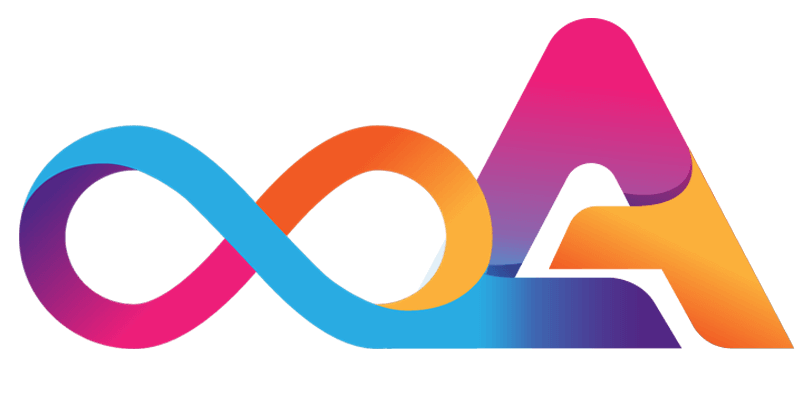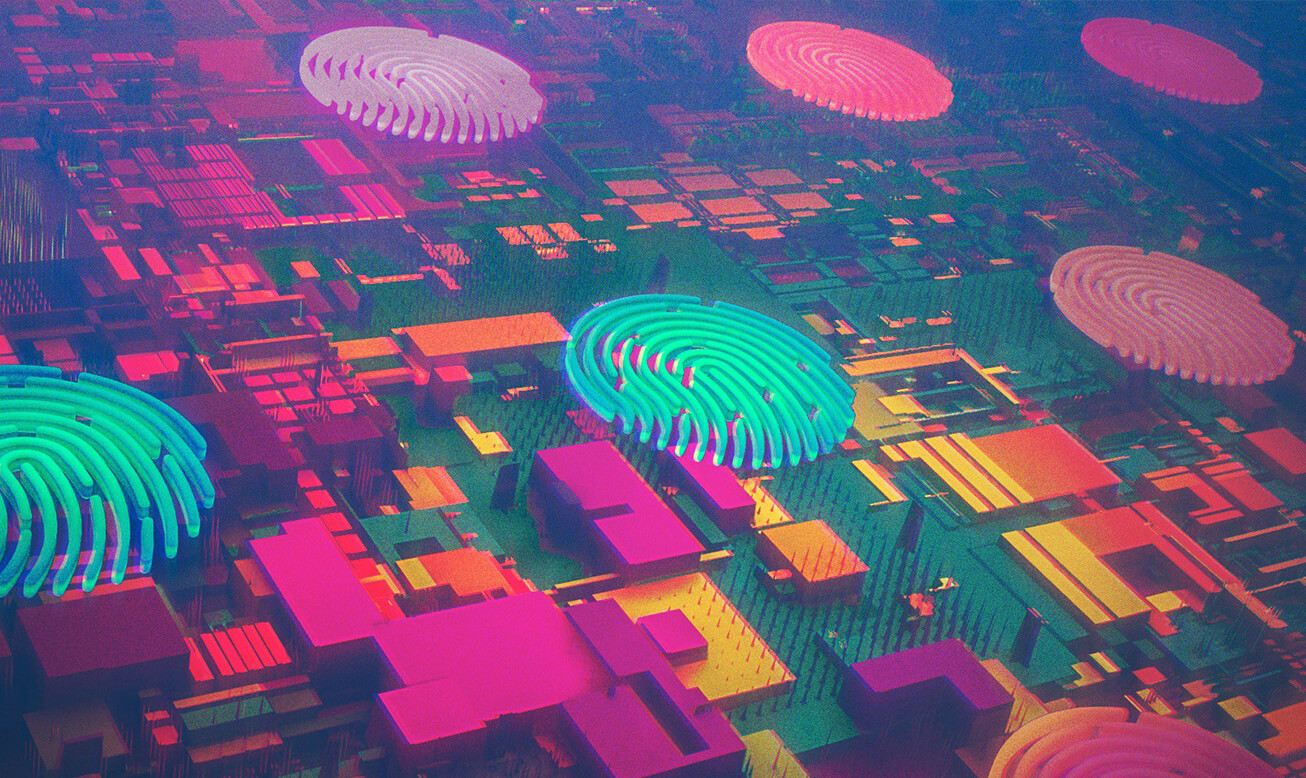Using the IC
What is the Internet Computer?
The Internet Computer is a public blockchain that hosts smart contracts running at web speed. Learn more about the IC

Discover the Internet Computer
The Internet Computer reimagines the superpowers of the internet
Introduction to the IC
The Internet Computer seeks to address some of the major challenges the present-day internet is confronted with. These challenges include monopolization, censorship, misuse of user data, lack of privacy, and poor system security. The stated goal of the Internet Computer is to reimagine a modern internet that is capable of hosting any application, including:
Development of the Internet Computer was initiated by the DFINITY Foundation in 2015, which played a key role in the IC’s development after raising a total of $195 million.
By aggregating its compute capacity into a single and fully decentralized world computer, the Internet Computer creates an unlimited virtual machine. This virtual machine is powered by independent parties around the world who operate special node machines in independent data centers. The architecture of the Internet Computer makes it possible to run an advanced form of smart contracts (so-called “Canister Smart Contracts”).
The new and advanced form of smart contracts running on the Internet Computer (so-called “canisters”) are tamperproof and unstoppable.
Canisters can integrate into any other contracts within the seamless environment that the Internet Computer provides, allowing infinite composability. These autonomously running smart contracts can run at web speed while being able to scale without bounds.
Because of its unique technical features, the Internet Computer is able to host and serve web applications on-chain, eliminating the need for centralized web infrastructure.
Key features of the Internet Computer
The Internet Computer provides the following key features that distinguish it from other blockchains:
Architecture of the Internet Computer
Internet Computer Protocol (ICP)
The Internet Computer is hosted by independent node machines which are located in geographically distributed data centers and run the Internet Computer Protocol.
Chain Key Cryptography
Individual subnet blockchains that are running in parallel form the foundation of the Internet Computer. These subnet blockchains are connected via the IC’s chain key cryptography.
Network Nervous System (NNS)
Another integral aspect of the Internet Computer’s architecture is the Network Nervous System (NNS).
Users who stake ICP (the native utility token of the IC) in neurons are able to participate in the Internet Computer’s governance by submitting proposals to the NNS or voting on existing proposals.
Node Machines
The network is, at its base layer, hosted on node machines running the Internet Computer Protocol (ICP). Nodes are maintained by independent node providers and hosted in independent data centers, making it possible to arrange nodes into subnetworks that host software canisters.
Four-Layered Consensus Mechanism
A four-layered consensus mechanism based on proof-of-stake (POS) powers the Internet Computer. This four-layered consensus mechanism consists of the following elements:
These four layers in combination enable the full decentralization of the network, scalability, as well as security against attack vendors such as 51% and Sybil attacks.
Advantages for Developers and End-Users
Re-imagining How Software is Built
The Internet Computer provides the platform for the next generation of decentralized, blockchain-based software and services. It reduces platform-based risks (such as censorship) and re-imagines the way software is built, deployed, and accessed.
Developers building on the Internet Computer no longer need to focus on the following:
Increased Efficiency and Productivity
Developers can create autonomous and public dApps, allowing their services to share functions and communicate with each other. Similarly, smart contracts (i.e. canisters) running on the Internet Computer can interact with any other canister hosted on the IC.
This increases efficiency and productivity while at the same time laying the groundwork for innovation.
The Blockchain’s Inherent Security
End-users of the Internet Computer benefit from being able to access dApps in a secure environment with fewer risks. The programs, services, and dApps running on the IC cannot be hacked or hijacked by malicious code thanks to the inherent, tamperproof security that the blockchain provides. This, in turn, reduces the cost of ownership for end-users, developers, and organizations alike.
Cryptographically-Secure Access Control
Developers building on the Internet Computer can utilize Internet Identity to provide end-users a cryptographically-secure way of logging into a dApp, without having to create usernames and passwords.
Reverse-Gas Model
Unlike other blockchains, end users are not charged for interacting with the Internet Computer. Instead, developers precharge their canister smart contracts with so-called “cycles” by converting the ICP token to cycles. This means that canisters pay for their computations through cycles. Cycles gradually deplete when the canister uses the IC’s computational resources. The governance system of the Internet Computer defines the costs of cycles.
This model makes the Internet Computer seamlessly accessible for end-users that do not have to own ICP, cycles, or any other cryptocurrency to interact with the IC. Users may not even realize a difference to web services hosted on centralized infrastructure, making the switch from the old internet to the new one powered by the IC really easy.
Next Step in the Evolution of Blockchains
The Internet Computer is the world’s first blockchain that can host applications running at web speed with unlimited capacity. As such, it represents the next step in the evolution of blockchains:
As the third major innovation in the blockchain ecosystem, the Internet Computer enables smart contracts to run at web speed and to scale without bounds. At the same time, the Internet Computer provides developers with a powerful software framework that fosters innovation and allows the efficient processing and storing of data.
Building blocks of the Internet Computer
The Internet Computer introduces so-called canisters, which are a new form of smart contracts (i.e. tamperproof and unstoppable software applications). Canister smart contracts run at web speed, which allows developers to serve web content directly to an end user’s web browser. As the building blocks of the IC, canisters provide the same functionalities as traditional smart contracts while adding the functionality of storing user data and software. Canisters can scale without boundaries and are able to call/load other canisters, allowing for increased efficiency.
Decentralized applications running on the Internet Computer are created from canister smart contracts, which are bundles of bytecode logic (WebAssembly) as well as memory pages.
Therefore, developers can use the IC to build dApps that scale. This is made possible by the Internet Computer’s architecture, which allows canisters to be run concurrently and with unbounded on-chain capacity. Eventually, the IC will be able to host any number of canisters, paving the way for indefinite scaling.


